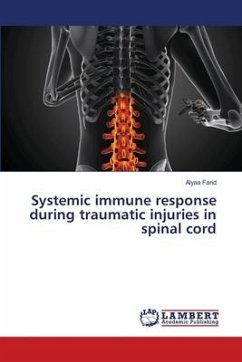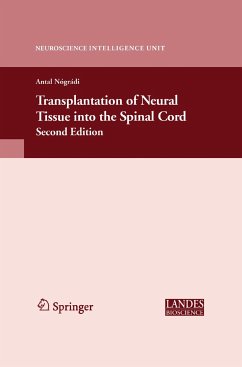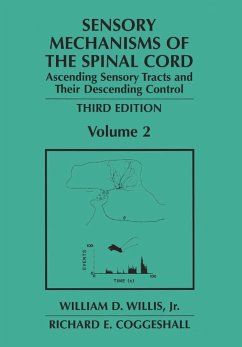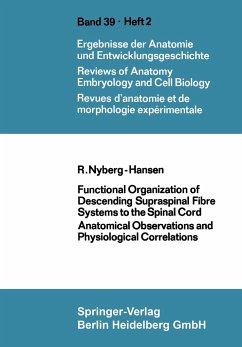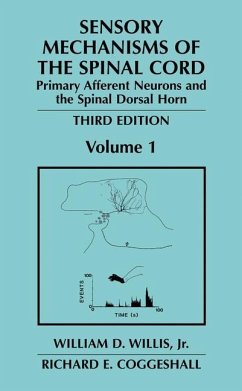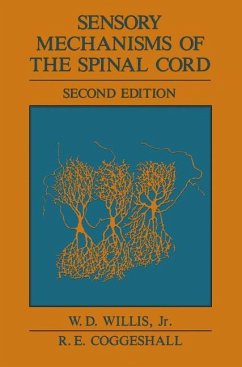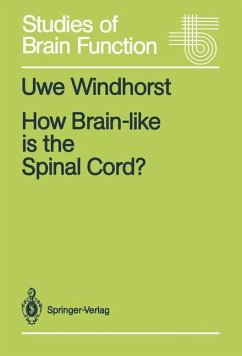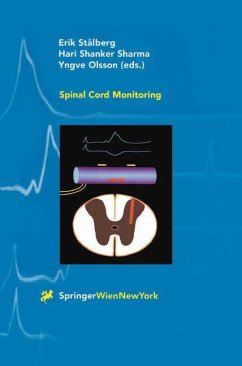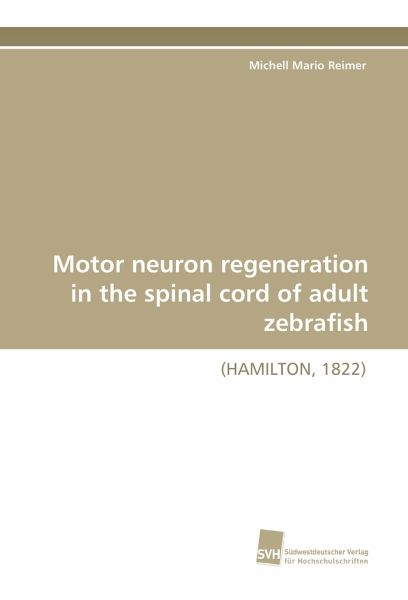
Motor neuron regeneration in the spinal cord of adult zebrafish
(HAMILTON, 1822)
Versandkostenfrei!
Versandfertig in 6-10 Tagen
36,99 €
inkl. MwSt.

PAYBACK Punkte
18 °P sammeln!
Adult zebrafish, in contrast to mammals, are capable of functional spinal cord regeneration. Using immunohistochemical markers and transgenic reporter fish for motor neurons, this study demonstrates that large differentiated motor neurons are transiently lost after a spinal lesion, suggesting that these cells undergo cell death after a lesion and are replaced. Indeed, a massive and transient increase in the number of small, undifferentiated motor neurons was observed. Proliferation and lineage tracing studies indicated significant proliferation only at the spinal ventricle and that a subset of...
Adult zebrafish, in contrast to mammals, are capable of functional spinal cord regeneration. Using immunohistochemical markers and transgenic reporter fish for motor neurons, this study demonstrates that large differentiated motor neurons are transiently lost after a spinal lesion, suggesting that these cells undergo cell death after a lesion and are replaced. Indeed, a massive and transient increase in the number of small, undifferentiated motor neurons was observed. Proliferation and lineage tracing studies indicated significant proliferation only at the spinal ventricle and that a subset of olig2 expressing ependymo-radial glial cells are the motor neuron progenitor/stem cells in the lesioned spinal cord. Overall, this study demonstrates that adult zebrafish are capable of motor neuron regeneration from endogenous progenitor/stem cells and that sonic hedgehog is an important regulator of motor neuron regeneration. This study establishes adult spinal cord lesion as a model system for motor neuron regeneration, which may ultimately help to find ways to promote motor neuron regeneration also in human conditions, such as spinal cord injury or motor neuron disease.



